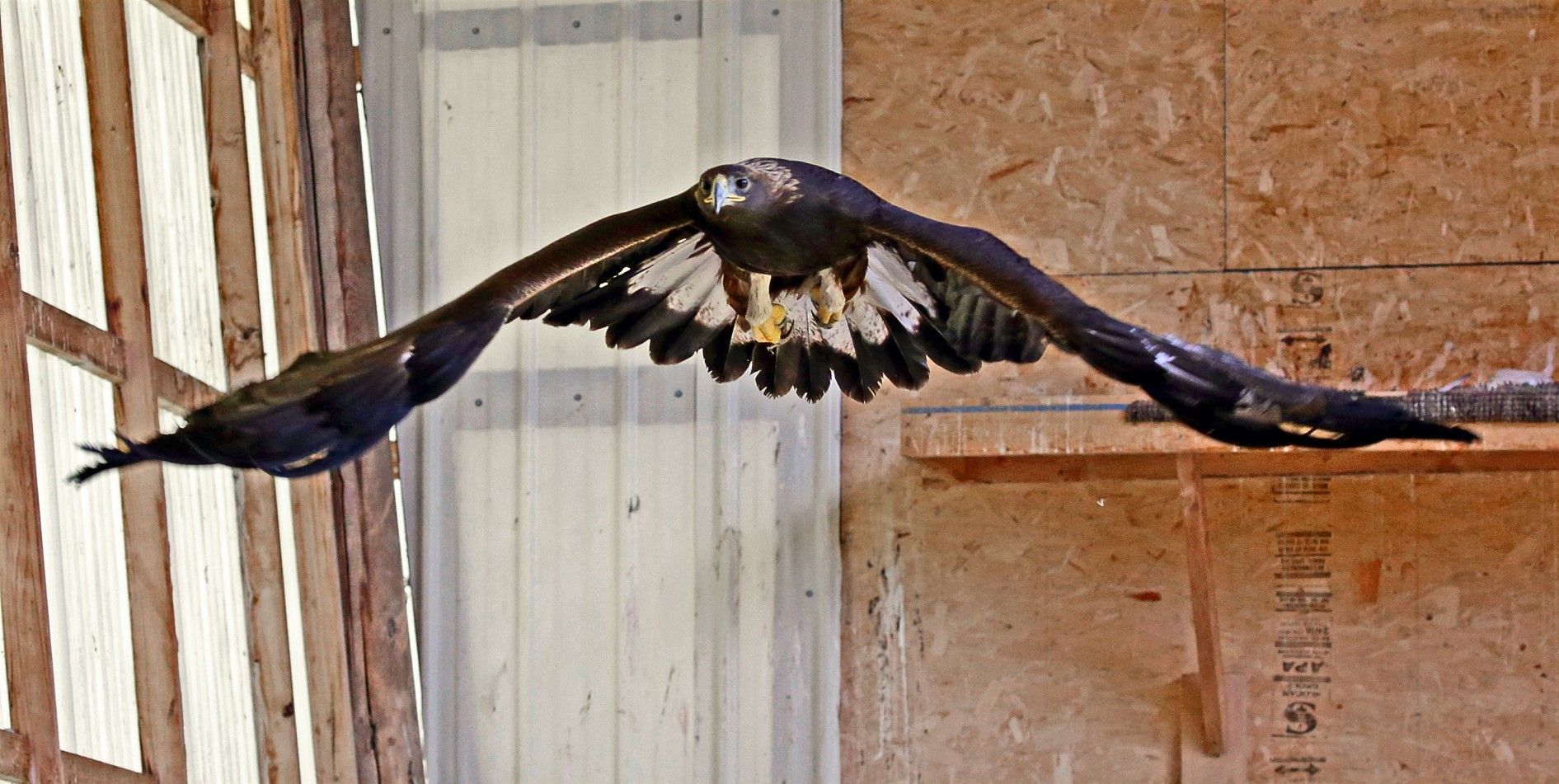

The current outbreak of the highly pathogenic H5N1 strain of avian flu was first detected in domestic birds in Indiana on Feb. When birds like turkeys or chickens get infected with the disease – often through direct or indirect contact with feces – they start to show symptoms, such as depression, coughing and sneezing and sudden death. NORMALLY FOUND in migratory waterfowl (swans, geese, ducks, etc), avian influenza is rarely harmful to those species but is deadly to domestic chickens and turkeys as well as wild raptor species. I hate being forced to do that, but I have to protect the education birds that we keep here,” she said. “I quit taking in songbirds three years ago because of the bacterial infections that were wiping them out. While the center is licensed to care for waterfowl, Wayne says she has suspended caring for them for at least the rest of this year as the outbreak continues, but this is not the first time she has had to deal with similar issues. While Watne and the center have been successful in keeping past avian illnesses contained, only time will tell if they can keep the current outbreak at bay.
#Rescue birds in bozeman full#
Each cage is equipped with a pan full of a disinfecting solution that workers can step into in an effort to keep possible infections from spreading to any of the 22 education birds that call the center home. “With the way this disease (avian flu) appears to be spreading, we have to be ready.”Īccording to Watne, if a bird suspected of being infected arrives at the center, it goes directly to the quarantine cages.


I have had a few cases of avian pox over the years, but I have been fortunate enough to not have any of the more communicable diseases come through here,” Watne said. “I have always been conscientious of possible infected birds coming in. Three quarantine cages sit empty, but prepared to receive occupants on the edges of the Montana Wild Wings Recovery Center on the east side of Kalispell.įounder and director Beth Watne has been forced to use the cages in the past, but is hoping to see them sit vacant as the recent wave of highly pathogenic avian flu (HPAI) continues to spread throughout both wild bird populations as well as commercial and backyard poultry flocks around the country.


 0 kommentar(er)
0 kommentar(er)
